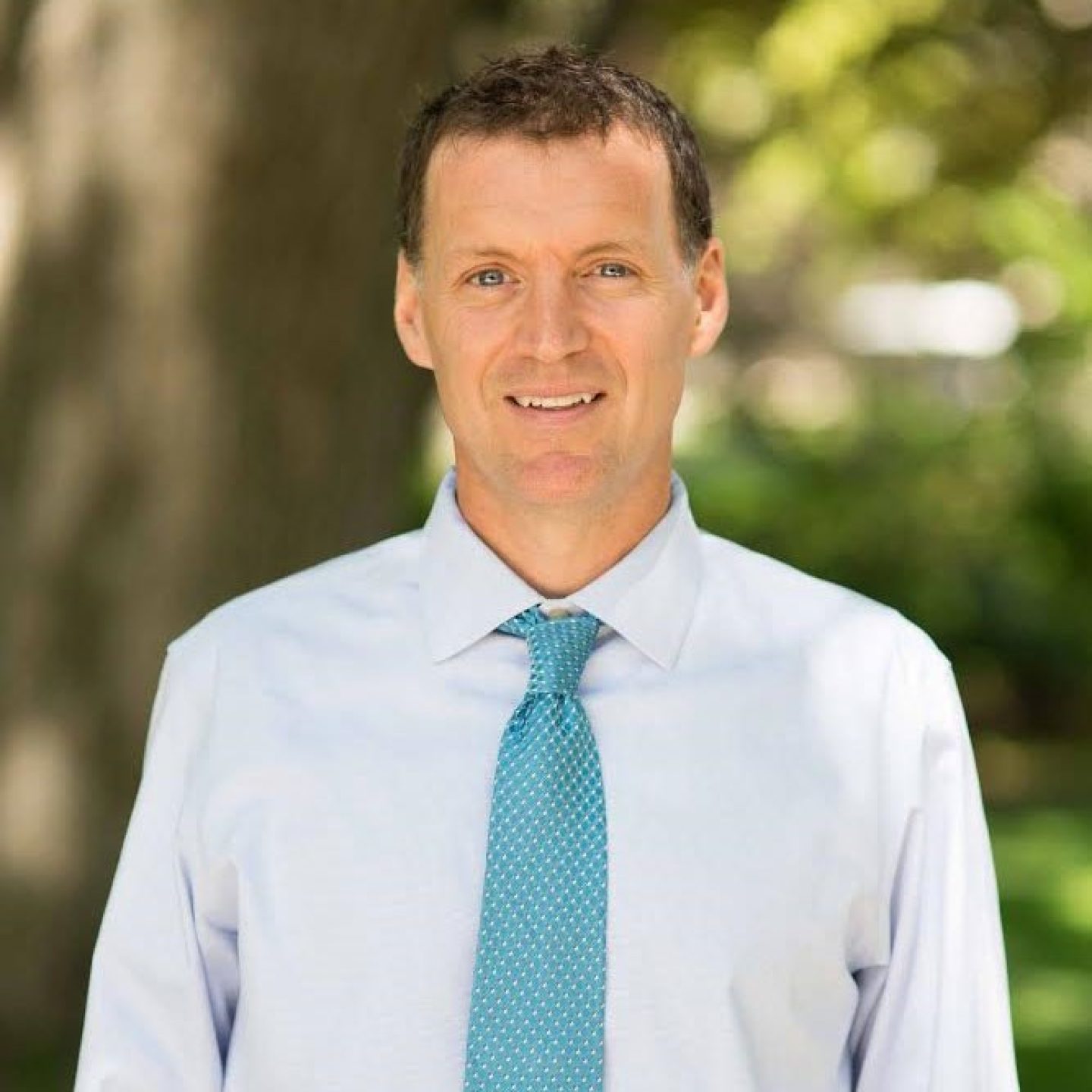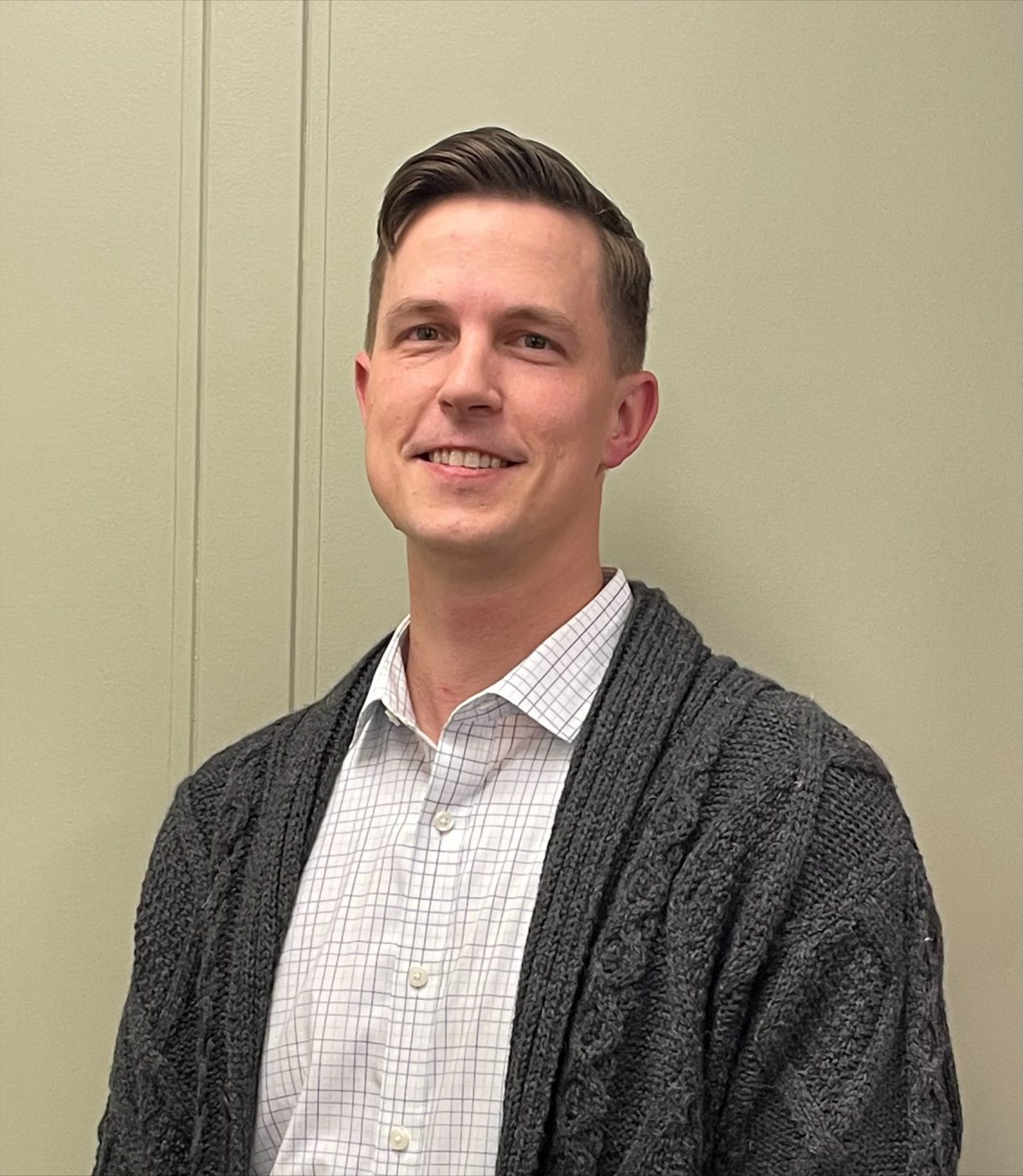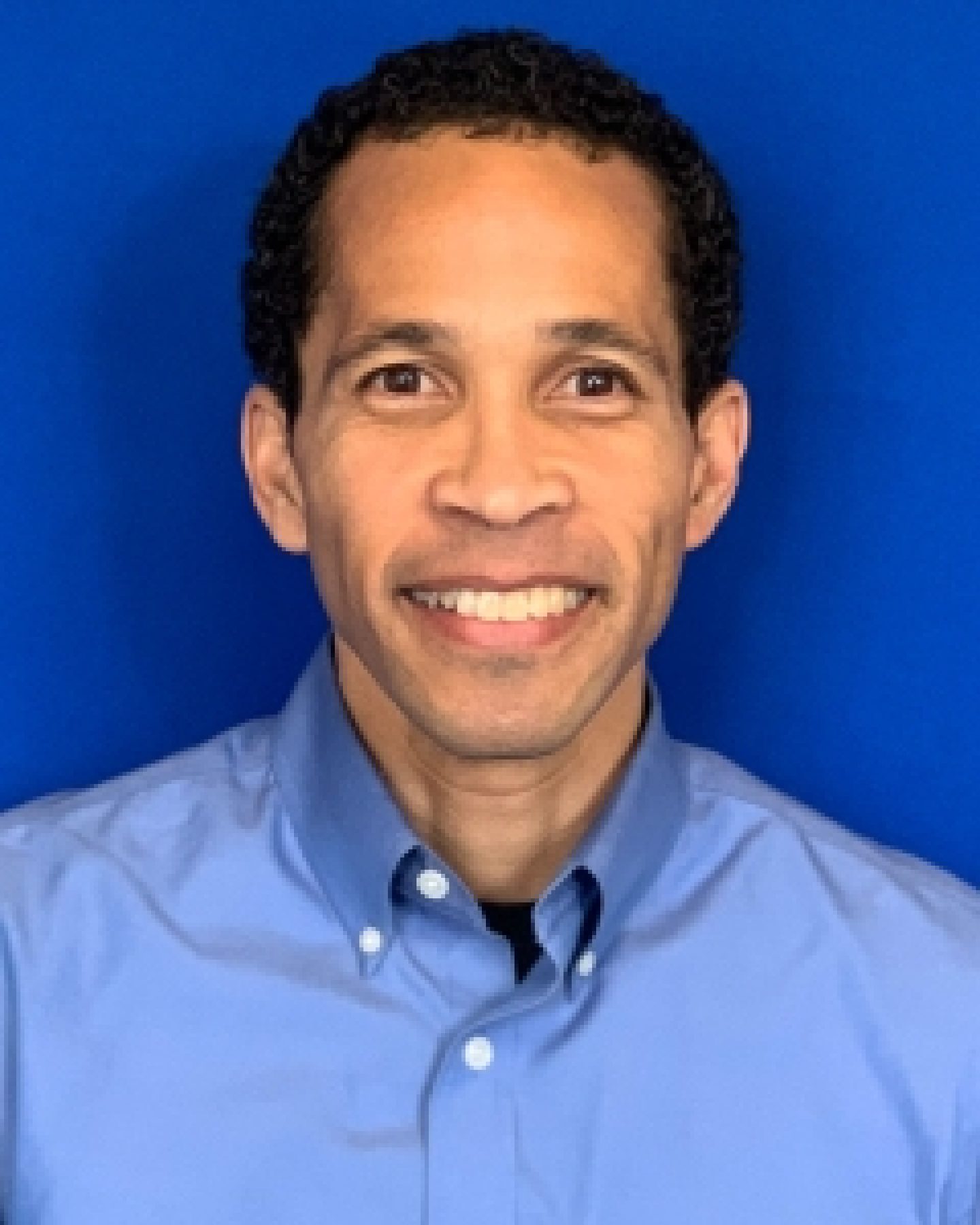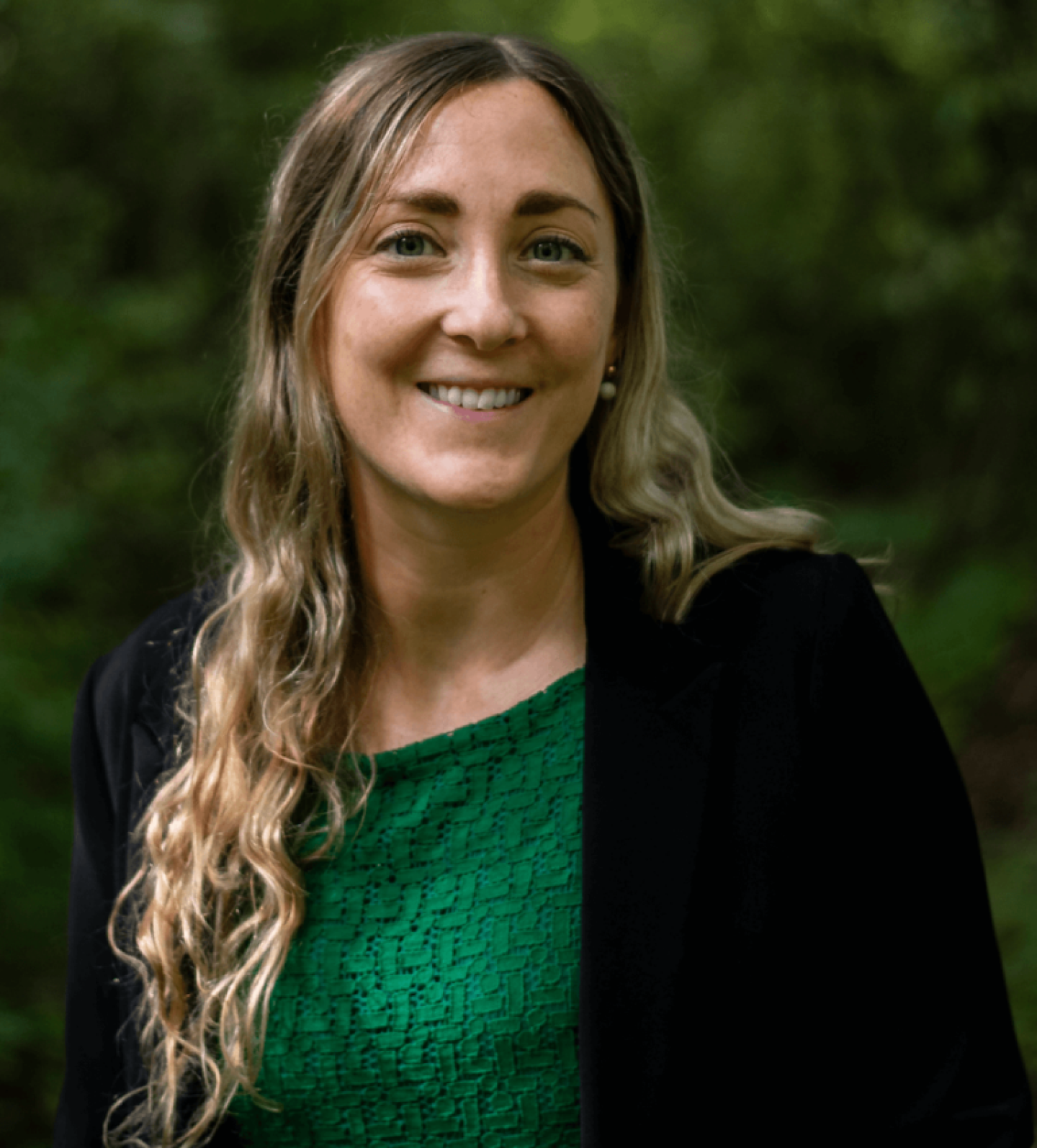Supporting Crossover Youth Involved with Child Welfare and Juvenile Court Systems

Denise Herz, Ph.D., is a Professor in the School of Criminal Justice & Criminalistics at Cal State Los Angeles and Research Director for the City of Los Angeles Mayor’s Office of Gang Reduction and Youth Development (GRYD) Research & Evaluation Team. Her primary areas of research include building integrated systems to improve outcomes for dual system youth and building research-to-practice feedback loops for comprehensive gang programming. Dr. Herz has collaborated for many years with courts, probation, and child services in Los Angeles County to research dual system youth and improve practices to improve their outcomes. At the national level, she has served as a consultant to the Center for Juvenile Justice Reform at Georgetown University's McCourt School of Public Policy and was Co-PI for the OJJDP Dual System Youth Design Study. She has also served as the GRYD Research Director since 2011. During this time, she led the development of a data infrastructure; established a GRYD Research & Evaluation Team which comprises a consortium of researchers from different universities; and led research and evaluation for the GRYD Comprehensive Strategy. Dr. Herz received her MA and Ph.D. in Criminology from the University of Maryland at College Park.
Herz Slides
Joe Ryan, MSW, Ph.D. is a Professor in the School of Social Work at the University of Michigan and Founding Director of the Child and Adolescent Data Lab. The Data Lab is an applied research center focused on using data to drive policy and practice decisions in the field. Dr. Ryan’s research and teaching builds upon his direct practice experiences with child welfare and juvenile justice populations. His current projects include racial disparities in juvenile justice, an RCT of SafeCare and a study of newborn drug testing practices and the association between THC exposure and subsequent maltreatment. He is currently serving on the editorial board of four journals (Child Maltreatment, Social Work Research, Residential Treatment for Children and Youth and Child Welfare). Dr. Ryan received an MSW from the University of Michigan and a Ph.D. from the University of Chicago.
Ryan Slides
Macon Stewart is a Senior Fellow/Deputy Director in the Georgetown University McCourt School of Public Policy Center for Juvenile Justice Reform. Macon is recognized as one of the country’s foremost experts on systemic reform to address the needs of youth involved with multiple human service or legal systems. Her portfolio includes serving as one of the authors of the Crossover Youth Practice Model and managing its implementation in 100+ communities across the country. She has written and co-authored scholarly publications on the intersection of child welfare and juvenile justice. Her current research interest center around the understanding and addressing the needs of Black Girls involved with multi-systems. Additionally, she serves on the Justice Consortium for the National Child Traumatic Stress Network, the North Carolina Governor’s Crime Commission’s Racial and Ethnic Disparities Subcommittee and consults with other universities to support advancing reform across the country. Working to improve how systems address and respond to children and youth on a micro and macro-level has been and will continue to be the passion exemplified in her work. She currently serves on the Board of Directors for the Rowan Co. NC Literacy Council, is actively involved with the Salisbury-Rowan Branch of the NAACP and is a literacy volunteer at Southeast Middle School. Macon holds a Master of Social Work degree from the University of Pittsburgh and a bachelor’s degree in criminal justice from the University of North Carolina at Charlotte.
Stewart Slides
Amiyah Davis
As an advocate and activist for youth in the juvenile justice system and related systems of care, Amiyah Davis uses her experience, voice, and influence to push for micro and macro policy change in communities across the United States. As an individual with lived experience, Davis understands that no effective change can be made without intentional partnerships with young people who are victims of the injustices in our nation’s juvenile justice and child welfare systems. Currently, Davis serves as a Project Coordinator at the Center for Juvenile Justice Reform at Georgetown University’s McCourt School of Public Policy, where she supports leaders in the youth-serving field to implement research-based system transformation efforts that elevate the voices of youth and families. In her career, Davis has led community outreach efforts, presented at national and state conferences, and facilitated meaningful partnerships with youth on various projects. She is blazing a path to impact policy change and the experiences of youth for generations to come, pushing youth-serving professionals to enhance their community-based efforts that prevent youth from system contact altogether. Davis works at the national, state, and local levels to advocate for youth. In addition to her work at Georgetown, Davis was one of twelve individuals selected nationally to serve on the prestigious Annie E. Casey Foundation’s Juvenile Justice Youth Advisory Council and also was appointed to serve as a member of the Michigan Committee for Juvenile Justice. Davis is also certified to teach restorative practices.

Jacki Hoover
Former Deputy Director Allegheny County Children Youth and Families is an innovative, courageous and forward-thinking leader. Driven to achieve, Hoover has been known as a big change implementer. Jacki Hoover has almost 30 years of experience in Child Welfare. In addition to child welfare, Hoover has worked extensively with various family engagement strategies targeting system integration. She has been a change implementer in such issues as commercial sexual exploitation of children, child maltreatment prevention, intimate partner violence, criminal justice and crossover youth, as well large system change strategies, development, and implementation. She has presented nationally regarding the use of peer support, specifically youth support partners, race equity, improving physical and behavioral health outcomes for children in foster care and Georgetown's Crossover Youth Practice Model. Previous positions include Assistant Deputy Director, the manager/co-founder of the Teaming Institute for Allegheny County’s Department of Human Services and an outpatient therapist.
Hoover Slides
Jonathan McVey
Jonathan McVey serves as a Special Assistant to the Secretary of the Pennsylvania Department of Human Services. In this role, Mr. McVey is leading the Department’s efforts to improve the systems of care for youth with complex needs and their families. Mr. McVey previously served in a variety of roles for the Department, including the Deputy Director of Policy, the Director for the School Based Access Program, Executive Housing Coordinator, and Executive Policy Specialist. Mr. McVey received a B.A. in political science from Indiana University of Pennsylvania and a Juris Doctor from the Widener University School of Law.

Laval Miller-Wilson
Laval Miller-Wilson is the Deputy Secretary for the Office of Children, Youth, and Families (OCYF) within the Pennsylvania Department of Human Services (DHS). Secretary Miller-Wilson is an attorney by training and is deeply committed and passionate about ensuring that vulnerable populations receive the care and resources they need and deserve. Prior to taking on his leadership role with OCYF, Laval was Executive Director of the Pennsylvania Health Law Project (PHLP), a non-profit that protects and advances health care rights for individuals; he served as lead counsel for Medicaid enrollees as part of the PA Medical Assistance Advisory Committee, and worked for 14 years at the Juvenile Law Center – representing youth involved in child welfare as well as juvenile and criminal justice systems.

Robert (Bob) Tomassini is the Executive Director of the Pennsylvania Juvenile Court Judges’ Commission (JCJC). In this position, Mr. Tomassini advises the Juvenile Court Judges' Commission on legislative and policy matters and functions as the liaison between the Commission, the Commonwealth's juvenile courts, and the General Assembly in matters affecting delinquent and dependent children. He also provides statewide leadership in all matters relating to juvenile court policy and practice and the Commonwealth's juvenile justice system and serves on various statewide commissions and advisory committees pursuant to gubernatorial appointment, statutory mandate, or as requested by the Commission. Mr. Tomassini began his career in 1987 as a juvenile probation officer in Adams County, PA and was promoted to Deputy Chief Juvenile Probation Officer in 1991. In 2010, he was promoted to the position of Director of Juvenile Probation Services in that jurisdiction. In 2013, he was hired by the JCJC as Director of Administration and Grant Programs, overseeing the agency’s operating budget as well as management of the agency’s Juvenile Probation Services Grant Program, which provides nearly $18 million of state funding to juvenile probation departments across the commonwealth. In July 2015, Mr. Tomassini was promoted to the position of Director of the JCJC’s Center for Juvenile Justice Training and Research (CJJT&R) located at Shippensburg University of Pennsylvania. The CJJT&R houses the agency’s training, graduate education, data collection and analysis, research, balanced and restorative justice, and detention monitoring programs. In 2016, Mr. Tomassini was promoted to the position of Deputy Director of the JCJC. This position is responsible for assisting the Executive Director in the development, implementation, and direction of programs in the areas of juvenile court policy and practice and juvenile probation policy and practice. In this role, Mr. Tomassini also served as the project coordinator of Pennsylvania’s Juvenile Justice System Enhancement Strategy (JJSES), a statewide initiative introduced to sustain and enhance activities begun under Models for Change and to implement evidence-based practices at every stage of the juvenile justice process. In July 2022, Mr. Tomassini was promoted to the position of Executive Director of the JCJC. Mr. Tomassini holds a bachelor’s degree in criminal justice and a master’s degree in administration of justice from Shippensburg University of Pennsylvania.
Tomassini SlidesDavid Workman
Judge David Workman was elected to the Lancaster County Court of Common Pleas bench in November 2003. He received his B.S. from Pennsylvania State University, his master’s degree in Judicial Administration from the University of Denver School of Law and his Juris Doctorate from Widener University School of Law. Judge Workman served as District Court Administrator of Schuylkill County and Director of the Lancaster County Domestic Relations Office in Lancaster County as well as a Master for Dependency Matters in Lancaster County. He currently serves as the Chairman of the Juvenile Court Judges Commission, and Lead Judge in Juvenile and Family Court in which he has served for his entire Judicial career. Judge Workman has received Statewide recognition from the Domestic Relations Association of Pennsylvania receiving the President’s award and the Robert Stewart award, and recently received the Distinguished Service Award for a Court Officer from the Pennsylvania Partnership for Juvenile Services in October 2020. Judge Workman and his wife have also received the United States Angels in adoption award.

Christian M. Connell, Ph.D., is an Associate Professor of Human Development and Family Studies and the Director of the Child Maltreatment Solutions Network at Penn State University. Dr. Connell received his Ph.D. in Clinical-Community Psychology from the University of South Carolina and completed pre- and postdoctoral training in the Department of Psychiatry at Yale University School of Medicine. His research focuses on the experiences of youth who have been maltreated, as well as those who become involved in the child welfare system and other child-serving systems (e.g., mental health, juvenile justice). His research examines individual, family, and contextual risk and protective processes that impact child behavioral health and wellbeing following incidents of maltreatment or child welfare system contact, as well as community-based efforts to prevent or treat the negative effects of maltreatment and other traumatic experiences in children and adolescents. Dr. Connell’s research has been supported by grants from the National Institutes of Health, Administration for Children and Families, and State and local contracts.
Connell Slides
Ezra is an Assistant Research Professor with the Social Science Research Institute and Evidence-to-Impact Collaborative at Penn State. He is a microeconomist working on topics related to public and labor economics and child welfare policy. His current research focuses on how family structure impacts children's long-run outcomes and on critical issues in child welfare systems.
Goldstein Slides
Allison Kurpiel is a PhD Candidate, Penn State Department of Sociology and Criminology. Her primary area of research focuses on the experiences of youth who have been victimized, as well as youth who have been exposed to crime and violence in their school, home, or community. Specifically, her research to-date has examined racial and ethnic differences in fear of violence among youth and assessed the extent to which these fear differentials are mediated by school factors. Her dissertation investigates the risk factors and consequences of biased victimization (or victimization perpetrated on the basis of prejudice against the race, ethnicity, gender, sexual orientation, disability, or religion of the victim) among youth in the school setting. Another project examines justice system involvement among youth with child welfare system exposure. Underlying all these projects is an interest in assessing the role of institutions (e.g., schools, juvenile and criminal justice systems) in maintaining or perpetuating social inequalities. Her research and teaching interests include juvenile violence and victimization, juvenile justice/courts, school crime, fear of crime, hate crime/biased bullying, and adolescent health. Prior to beginning her PhD program, Allison earned a B.A. from the University of Vermont in political science with a minor in economics. She has also taught English as a second language to students of various ages living in Thailand and China and is passionate about globalizing her teaching curriculum.
Kurpiel Slides